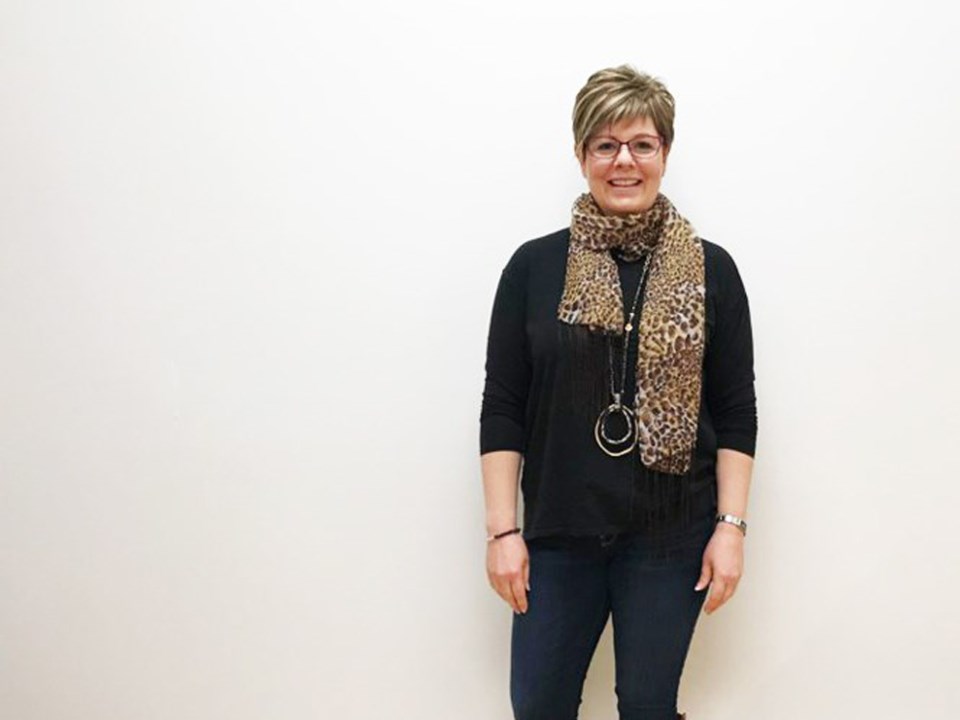Shannon Miller has built her career on providing care.
And as owner and operator of Powell River Hearing, she sees her role not simply as someone who sells hearing aid devices, but as a friend to help you through a significant and potentially life-changing journey.
That’s because a large part of acquiring a hearing aid includes the care and attention Miller’s customers receive through her counselling as a registered Hearing Instrument Practitioner with the College of Speech and Hearing Health Professionals of BC.
“Very rarely do you walk into a hearing clinic for help and walk out never needing to return,” she says. “There’s a lot of discussion to assess a customer’s condition, and follow up that goes along with getting hearing aids properly fit.
“So, your relationship with your service provider is pretty critical.”
That’s why Miller recently welcomed the opportunity to help a large number of clients whose regular hearing aid provider in town was no longer able to serve them.
“The majority of those customers came rushing into my clinic and we transferred their care,” Miller says. “One of my biggest strengths is the fact I am a local who remains committed to providing my services to the community.”
A big part of that is creating the right environment for customers who are new to addressing their hearing condition—some of whom have either been reluctant to seek help or have lived with hearing loss until it became not just a problem for themselves, but their loved ones as well.
“TV volumes can become too loud for the household, people can begin to withdraw from social interactions or participating from activities they once enjoyed—those are all detrimental to overall health because we are social beings,” Miller says. “So when they come to me, they might not be completely ready to discuss their condition, so I just start a conversation to get them a little more at ease.
“Hearing loss isn’t black or white. It’s not like you hear everything or nothing,” Miller says. “So, sometimes people can take years to come to terms with their condition. But when they are, I am here for them.”
Typically, people wouldn’t consider hearing aids until their 80s or 90s, Miller says. But leaving it that late makes it harder to adapt to the devices because your brain becomes used to hearing sounds at a much softer level.
“You don’t recognize that until you actually start hearing well again,” Miller says. “There are so many sounds in our environment that are important for our brains to process. And when our cognitive functions begin to slow down, and you add hearing loss to that, it can accelerate the decline.”
That’s one of the major reasons why hearing loss needs to be treated and the possible stigma of needing help removed. “Hearing aids help keep the brain fit”.
For more information about Powell River Hearing and how it can assist you with your hearing needs, visit online at powellriverhearing.com.



